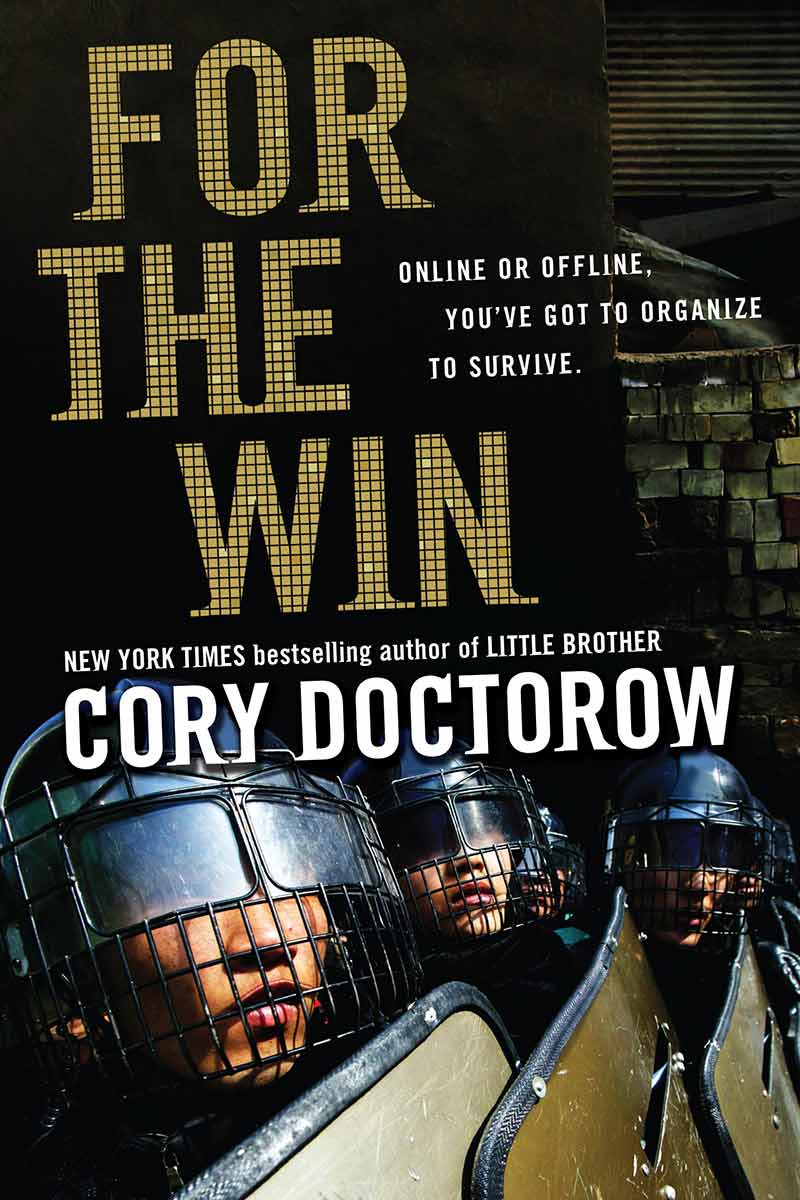Jack Willliam Bell has started a really interesting discussion about Whuffie and my novel on his Slashdot journal:
In these discussions the usual answer given is that human creativity will retain value and that people would still buy and sell hand-made items, artwork, books and songs. But this rings false to me on a number of levels, not the least of which is the fact that not everyone is talented enough to participate in such an ecomomy. A more important problem with this answer is the fact that, with the exception of hand-made items and original artwork, this actually relies on the continuation of false scarcity by requiring intellectual property limits which could not be maintained in a digitally networked world. (All this was before I ever heard of DRM of course.)
Reputation ecomonies, however, could be based on anything people valued in other people — not just their personal creativity. And such a currency would bring value to the creator of a song even if the song was freely traded without intellectual property limits. So, should money ecomonies collapse, you could still have a valuation system built on how others percieved you.




























